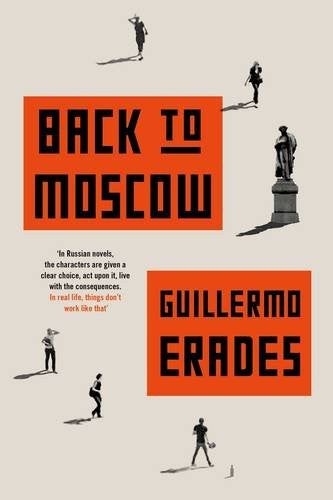Your support helps us to tell the story
From reproductive rights to climate change to Big Tech, The Independent is on the ground when the story is developing. Whether it's investigating the financials of Elon Musk's pro-Trump PAC or producing our latest documentary, 'The A Word', which shines a light on the American women fighting for reproductive rights, we know how important it is to parse out the facts from the messaging.
At such a critical moment in US history, we need reporters on the ground. Your donation allows us to keep sending journalists to speak to both sides of the story.
The Independent is trusted by Americans across the entire political spectrum. And unlike many other quality news outlets, we choose not to lock Americans out of our reporting and analysis with paywalls. We believe quality journalism should be available to everyone, paid for by those who can afford it.
Your support makes all the difference.According to the biographical note at the back of his first novel, Guillermo Erades has lived in Leeds, Amsterdam, Luxembourg, Moscow, Berlin, Baghdad, and Brussels.
He plumps for Moscow as his setting, with Martin, his PhD candidate narrator, arriving as Russia is accelerating into its post-communist future under its new president Vladimir Putin.
Martin and his fellow expats believe they’re witnessing a pivotal moment in history in a way they probably wouldn’t had the story examined, say, student life in early-2000s Leeds.
If you think reading Fyodor Dostoyevsky’s novels or Anton Chekov’s plays can help us understand 21st-century Russia, then Back to Moscow is for you. Martin’s thesis explores “the evolution of the female character in Russian literature” but, initially, he eschews reading in the library in favour of chasing “dyevs” (young Russian women) in seedy nightclubs.
Martin’s attempts to compare dyevs to, among others, Tolstoy’s heroines aren’t convincing, but Erades is on firmer ground, depicting Moscow’s nightlife as an expression of its changing identity.
One of the few things we know about Martin is that his heart was broken by his “Slavic goddess” ex-girlfriend.
For a while in Moscow, he dates Lena who says: “If we don’t suffer for it how do we know our love is real?” As well as being a typically fatalistic Russian, Lena is a clichéd male fantasy who takes off her clothes the minute she gets indoors.
Martin is a flippant student, calling Tatyana, from Pushkin’s Eugene Onegin, “hot” and arguing with a friend who asks: “If you had to choose between Natalya Rostova and Anna Karenina who would you rather … ” Erades is right to think characters needn’t be likeable but they should be interesting.
Martin can be as cold and shallow as a shot of chilled vodka but Back to Moscow warms up after a professor accuses him of being a modern version of Ivan Turgenev’s “superfluous man”.
Martin becomes more reflective about his relationships and learns that life can unfold with the gravity but without the drama of literature.
Tatyana, a beautiful Siberian, offers Martin the chance to settle down, but will he take it? He develops a patronising saviour complex towards the wayward Lena and tries to make her confront her problems by telling her: “You are a prostitute.”
This misguidedness is quickly forgotten as the novel reaches a powerful denouement in which Martin’s story collides with a notorious moment in recent Russian history. It’s the highpoint of an ambitious debut which, like the classics Martin reads, chronicles an individual’s struggle to lead a meaningful life.
Back To Moscow, by Guillermo Erades. Scribner £14.99

Join our commenting forum
Join thought-provoking conversations, follow other Independent readers and see their replies
Comments